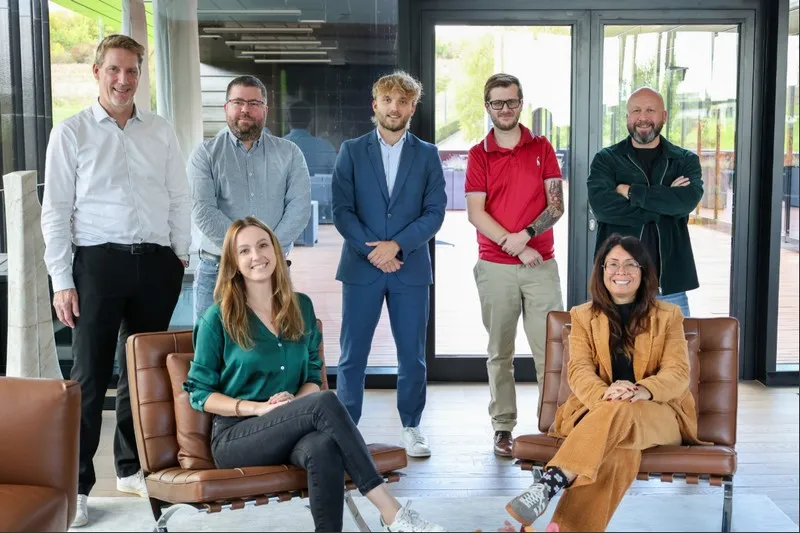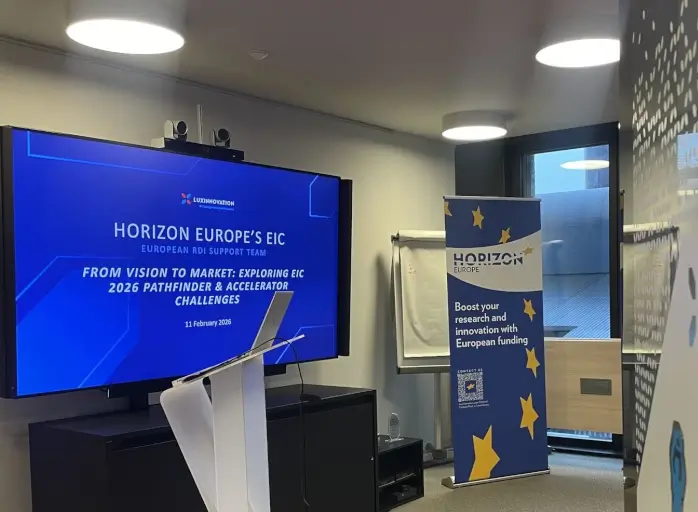

Foyer: automated claims processing by AI
The insurance group has joined forces with the SnT of the University of Luxembourg to gain efficiency in the follow-up of files, freeing up time for other more strategic tasks.
 Jean-Michel Gaudron
Jean-Michel Gaudron
[This article is part of a content series developed in collaboration with FEDIL, showcasing how artificial intelligence is contributing to the digital transformation of Luxembourg’s economy.]
Improving the quality of claims handling remains one of the top priorities for insurance companies. Balancing speed, cost control and customer satisfaction presents a series of challenges and opportunities for action. Founded in Luxembourg in 1922, Groupe Foyer is one of the country’s oldest insurers. Its strong traditional foundations are paired with a constant drive for innovation and modernisation – essential pillars for achieving its development and growth ambitions.
The goal set by the “Indexation” and “Compensation” teams is particularly ambitious: to automate 45% of claims processing within two years. “The deterministic rules already integrated into our internal tools enabled us to reach around 25%,” explains Virginie Soro, Cross-functional Operations Support Manager at Foyer. “It’s an encouraging result, but not sufficient. To take the next step and boost efficiency, artificial intelligence naturally emerged as a powerful ally.”
Since June 2018, Foyer and the SnT (Interdisciplinary Centre for Security, Reliability and Trust) at the University of Luxembourg have been working together on various projects. The remarkable progress achieved in recent years has opened new perspectives, with the mobilisation of valuable expertise including that of doctoral and post-doctoral researchers.
Several hundred thousand pieces per year
The challenge is substantial: each day, several thousand documents – declarations, invoices, reports, letters, emails and more – are received, representing several hundred thousand documents annually. These are divided into dozens of categories, quickly accumulating and creating a significant workload for operational teams. Reducing this burden has therefore become a pressing need.
In this context, during the summer of 2023, Foyer launched its first GenAI Proof of Concept (POC), identifying five use cases within the “Compensation & Customer Service” department, once again in close partnership with the SnT. The aim was to establish automatic classification of incoming documents in the claims department, predicting two key elements: their category (invoice, quotation, claim declaration, etc.) and the corresponding claim file, while assigning a confidence score to each prediction.
The solution relies on pre-trained, fine-tuned open-source models deployed internally on an on-premises GPU server.
"Advisors, freed from a repetitive burden, can now devote more time to higher value-added tasks." Virginie Soro, Foyer
In practice, each document entering the system (whether an email, scan, letter or attachment) is categorised by an initial AI model into the appropriate document family (invoice, quotation, claim report, etc.).
A second model extracts key data to link the document to the relevant claim file. This information is then automatically transferred to the internal management systems. “This seamless integration with existing tools allows operational teams to gain in speed, reliability and working comfort,” notes Mrs Soro.
 Automation rate soars from 45% to 75%
Automation rate soars from 45% to 75%
The results are already highly promising: since going live in May 2024, the solution has increased the automation rate for document indexing in claims processing from 45% (via deterministic rules) to 75% thanks to AI integration, with a potential of up to 81%. A system of random quality checks ensures accuracy and reliability.
“This significant leap has enabled us to rethink how incoming flows are handled: advisers, relieved from repetitive tasks, can now focus on work with greater added value,” adds Mrs Soro.
Building on this success, further steps are now being explored and implemented to maintain and continuously improve the models – including the integration of the latest open-source advances and adaptation to new business rules. Continuous monitoring of model predictions and performance is in place, and new models are tested as soon as they become available and suitable for deployment.
AI is a strategic lever to support our growth, enhance service quality and strengthen our operational efficiency. Lilou Plotek, Foyer
The extension of AI deployment to other processes is also under consideration, with the aim of further optimising, securing and automating operations. A similar system is being developed for contract processing, while tools to automatically categorise incoming emails in various departments have already been rolled out.
This approach focuses on making the most of data and harnessing its full potential to serve AI development – while also supporting teams in adopting and mastering these new tools. A continuous internal training programme on AI-related tools is currently being introduced.
“AI is therefore a strategic lever to support our growth, improve service quality and reinforce our operational efficiency,” concludes Lilou Plotek, AI Team Manager at Foyer.







